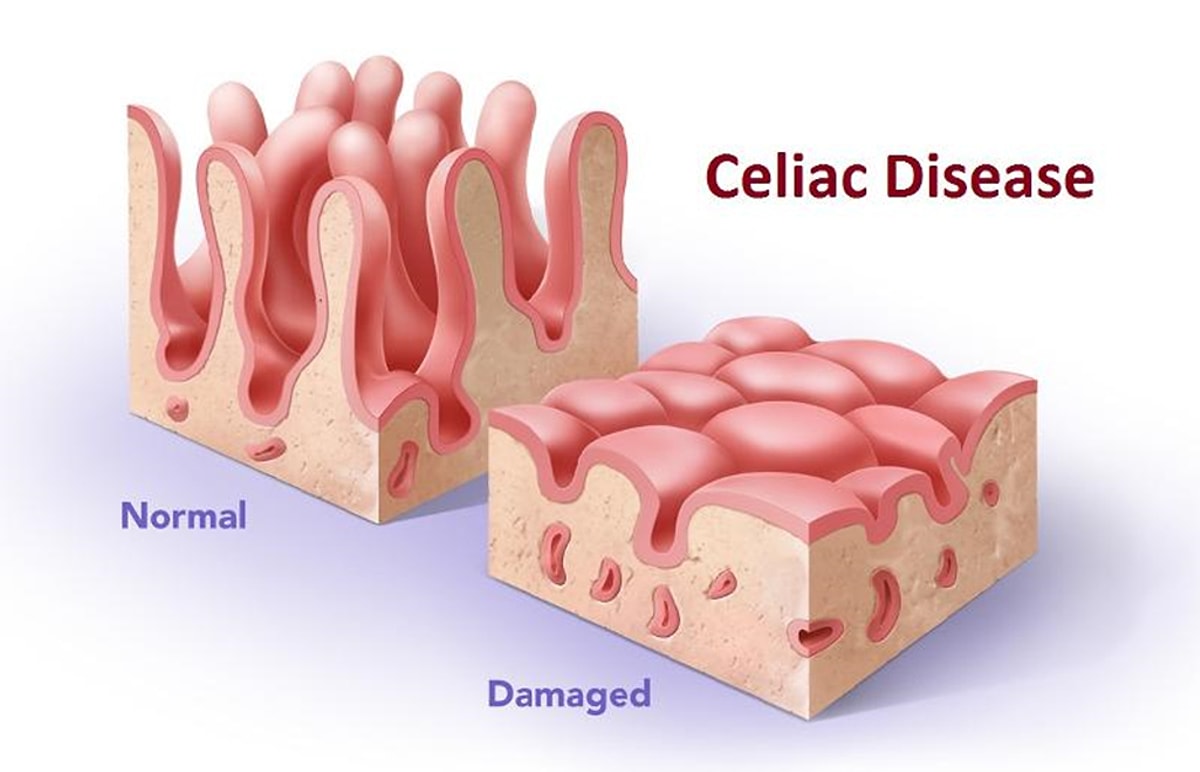
Test your knowledge on Celiac Disease with our comprehensive quiz! Discover how much you know about its symptoms, diagnosis, and management. Take the quiz now to find out where you stand and learn more about this important autoimmune condition.
Questions and Answers
What's inside the How Well Do You Know Celiac Disease? Take the Quiz Now! quiz
Which part of the body is primarily affected by Celiac Disease?
Which vitamin deficiency is commonly associated with Celiac Disease?
What is the gold standard for diagnosing Celiac Disease?
Which genetic markers are associated with Celiac Disease?
Which of the following is NOT a common symptom of Celiac Disease?
Which dietary component must be strictly avoided by individuals with Celiac Disease?
Which autoimmune condition is commonly associated with Celiac Disease?
What is the main treatment for Celiac Disease?
At what age can Celiac Disease be diagnosed?
Which of the following is a potential complication of untreated Celiac Disease?
Which diagnostic test measures antibodies specific to Celiac Disease?
Which of the following foods is naturally gluten-free?
What percentage of the population is estimated to have Celiac Disease?
Which of the following is a non-dietary treatment currently researched for Celiac Disease?
Which of these conditions is NOT typically associated with Celiac Disease?
Quiz description
Understanding Celiac Disease
Celiac Disease is a chronic autoimmune disorder that primarily affects the small intestine. When individuals with this condition consume gluten, a protein found in wheat, barley, and rye, their immune system reacts by damaging the lining of the small intestine. This damage impairs nutrient absorption and can lead to various health complications.
Symptoms of Celiac Disease
The symptoms of Celiac Disease can vary widely among individuals. Common signs include:
- Chronic diarrhea or constipation
- Abdominal pain and bloating
- Anemia due to iron deficiency
- Fatigue and weakness
- Skin rashes like dermatitis herpetiformis
- Growth issues in children
- Joint pain
Diagnosing Celiac Disease
Diagnosing Celiac Disease involves a combination of blood tests and an intestinal biopsy. The initial screening typically includes tests for specific antibodies, such as tTG-IgA. If these tests are positive, a biopsy of the small intestine is conducted to confirm the diagnosis by observing the extent of intestinal damage.
Treatment and Management
The primary treatment for Celiac Disease is a strict, lifelong gluten-free diet. This involves avoiding all foods and beverages that contain wheat, barley, rye, and their derivatives. Adhering to this diet allows the intestines to heal, alleviates symptoms, and prevents further complications.
In addition to dietary changes, patients may need to address nutritional deficiencies through supplements. It's also essential to read food labels carefully and be aware of cross-contamination risks to maintain a gluten-free lifestyle effectively.
Living with Celiac Disease
Managing Celiac Disease requires awareness and diligence. Support from healthcare providers, dietitians, and support groups can be invaluable. Staying informed about the latest research and developments in Celiac Disease can also help individuals navigate their condition more successfully.











